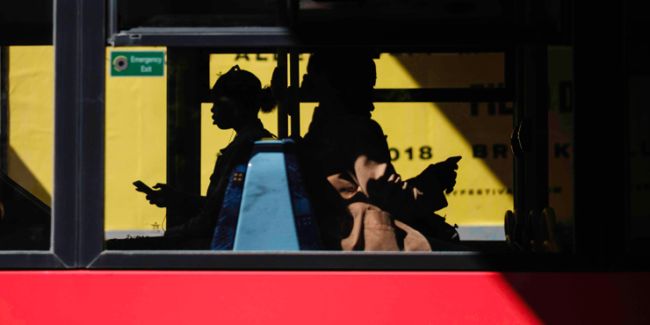10 years of behaviour change in West of England
Behavioural and attitudinal change often takes time and persistence to achieve – one only needs to look at the challenges relating to smoking cessation, or various types of discrimination, to see how long entrenched behaviours and attitudes can take to change and new cultural norms to become established. Influencing travel behaviour is no different.

Behavioural and attitudinal change often takes time and persistence to achieve – one only needs to look at the challenges relating to smoking cessation, or various types of discrimination, to see how long entrenched behaviours and attitudes can take to change and new cultural norms to become established. Influencing travel behaviour is no different.
Running coherent ongoing programmes to support the objective of changing travel behaviour in the UK can be challenging. This makes the fact that we have now passed our tenth year of managing the West of England Sustainable Travel Field Team (STFT) even more a reason to celebrate.
The team, originally introduced as part of the Bristol Cycling City programme, now provides travel advice and support to employment sites, new residential developments, universities, schools and communities across Bristol, Bath and North-East Somerset, South Gloucestershire and North Somerset. Recent examples of the team’s work include:
- Supporting business resilience during infrastructure improvements in South Gloucestershire. Bromley Heath Viaduct has undergone a £5.9m maintenance programme. The STFT worked with local businesses to ensure that they were prepared for any route changes required during the improvement.
- Delivering support to new movers at housing developments. Over 700 homes across five developments were targeted by the STFT, who delivered PTP to residents as developments became occupied.
- Exploring the potential for health benefits from encouraging walking as part of a wider public transport journey.
- Working with businesses to prepare staff for the introduction of paperless ticketing. A switch to app-based and smartcard tickets purchased prior to boarding Metrobus M2 and M3 has meant a need for extensive customer engagement to ensure a smooth transition. The STFT has engaged with employees at key employment sites in the run-up to route launches to support this transition and to reduce the potential for initial delays due to passengers’ lack of awareness of new ticketing options and revised routes.
- Providing outreach support to businesses before the Residential Parking Scheme implementation. Businesses within several residential areas were to lose on-street parking which until then had been the norm. To prepare them for the change, the team provided information and answered questions to those affected.
Each year the team have been well-received in terms of their customer service skills and have delivered high levels of change by the residents and employees they work with in terms of reduced single-occupancy car trips, and increased active journeys.



















